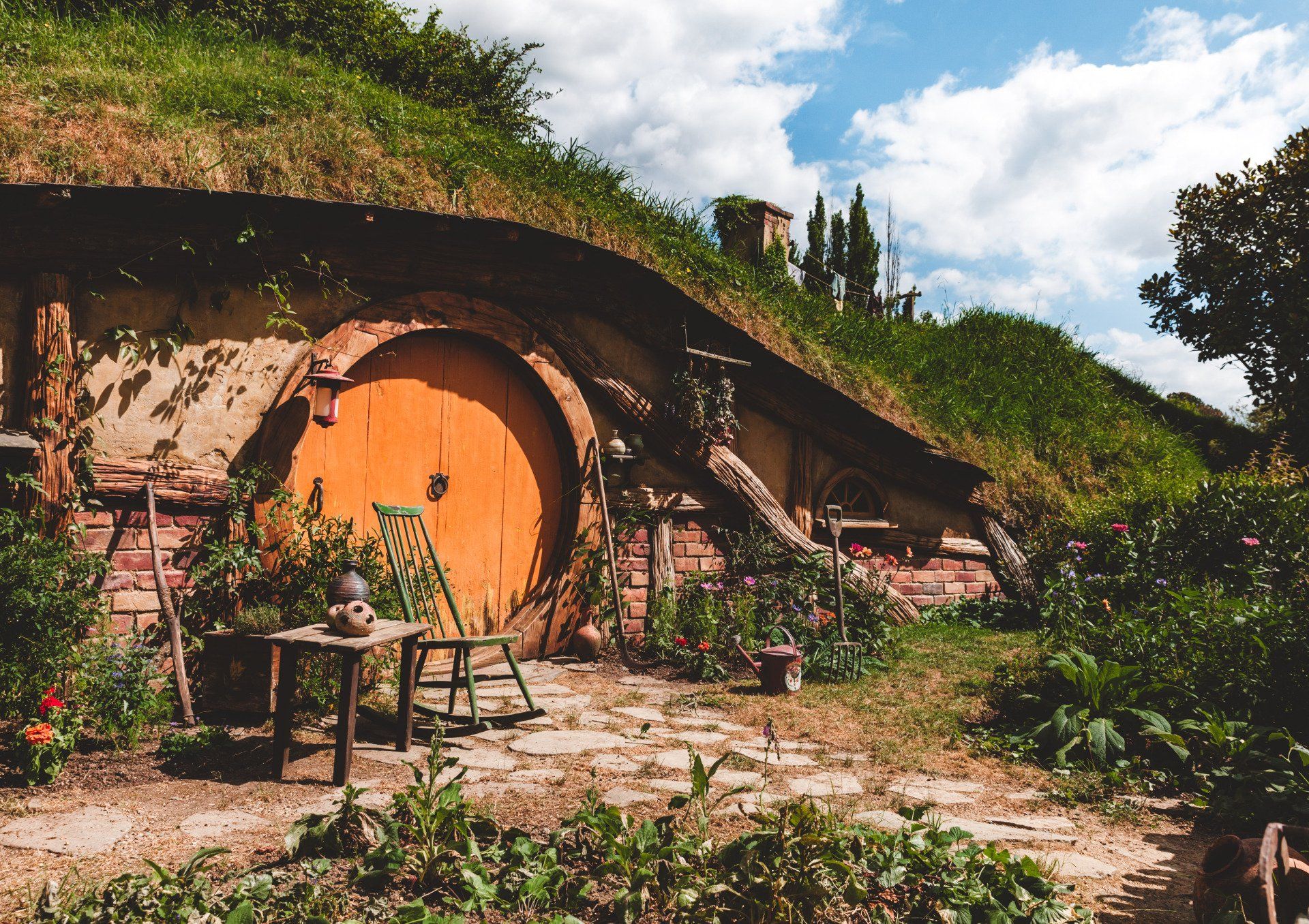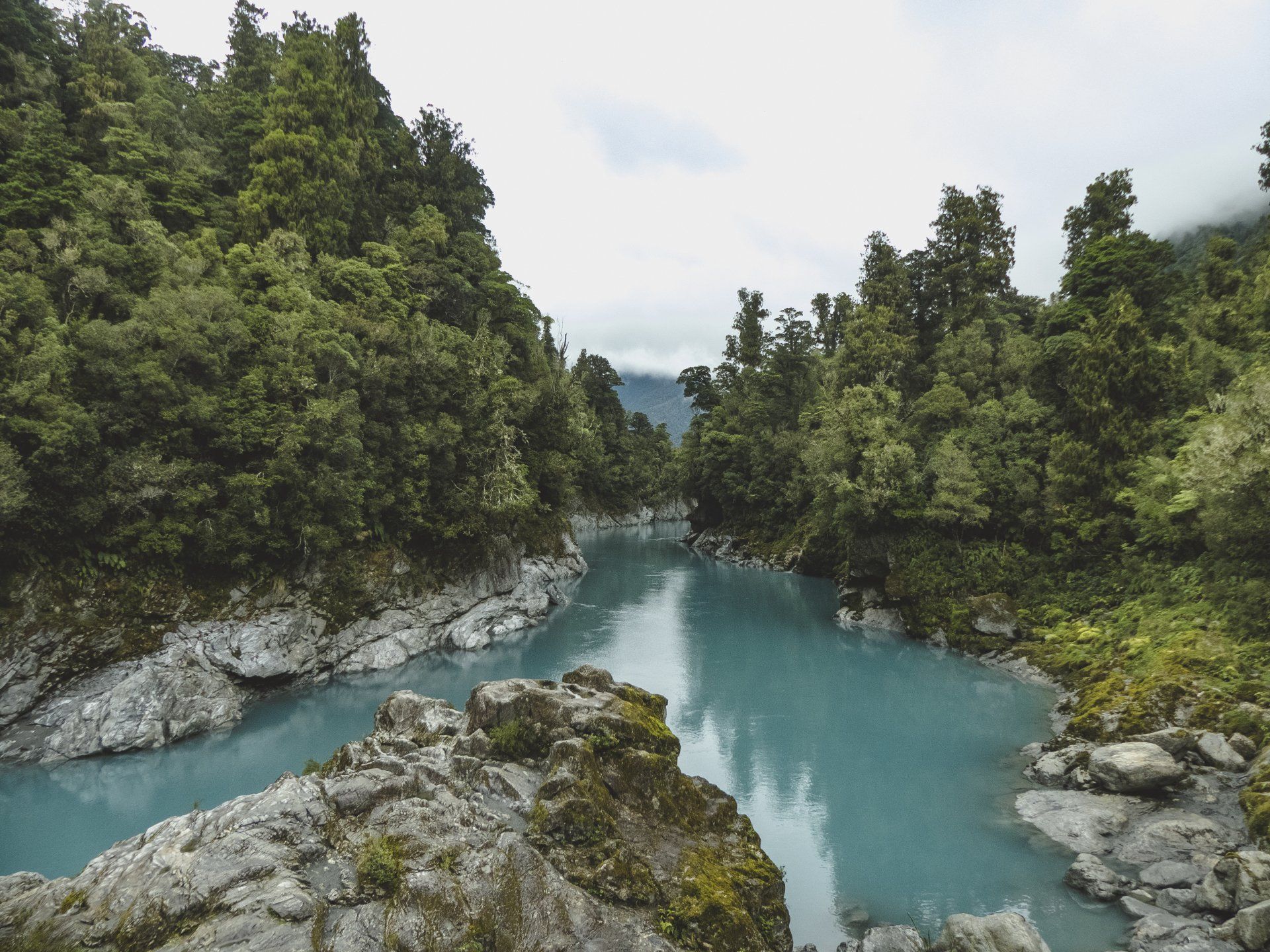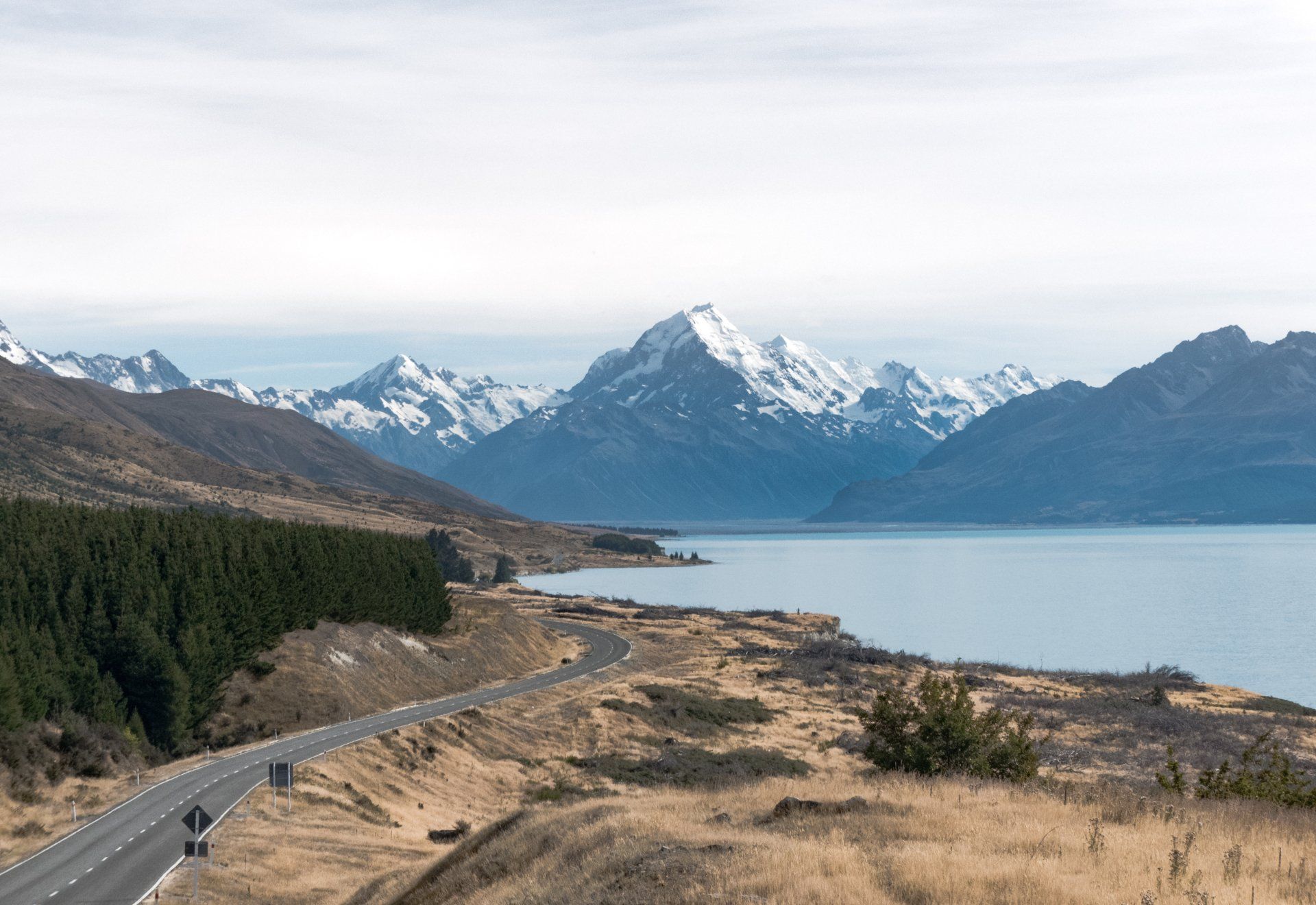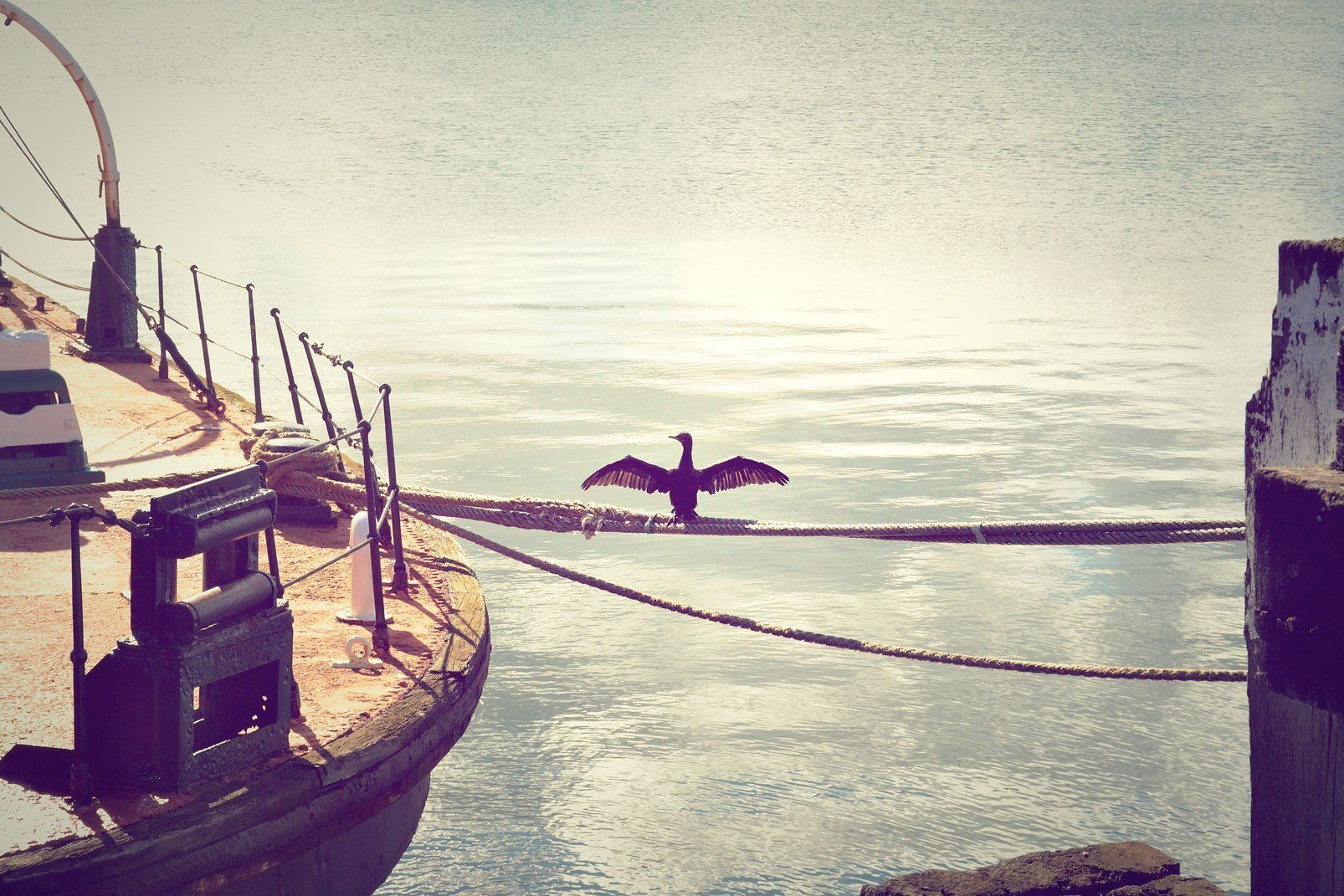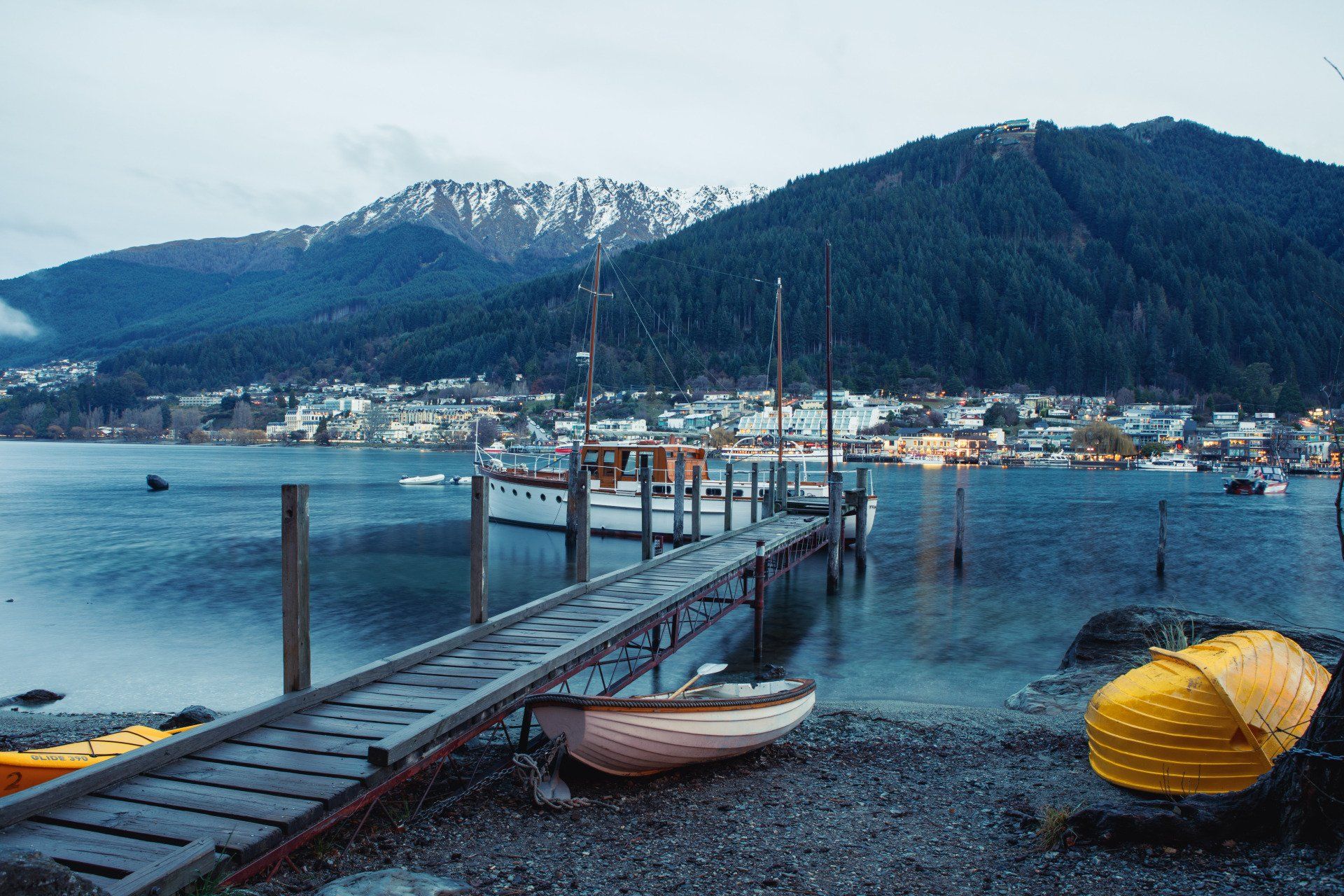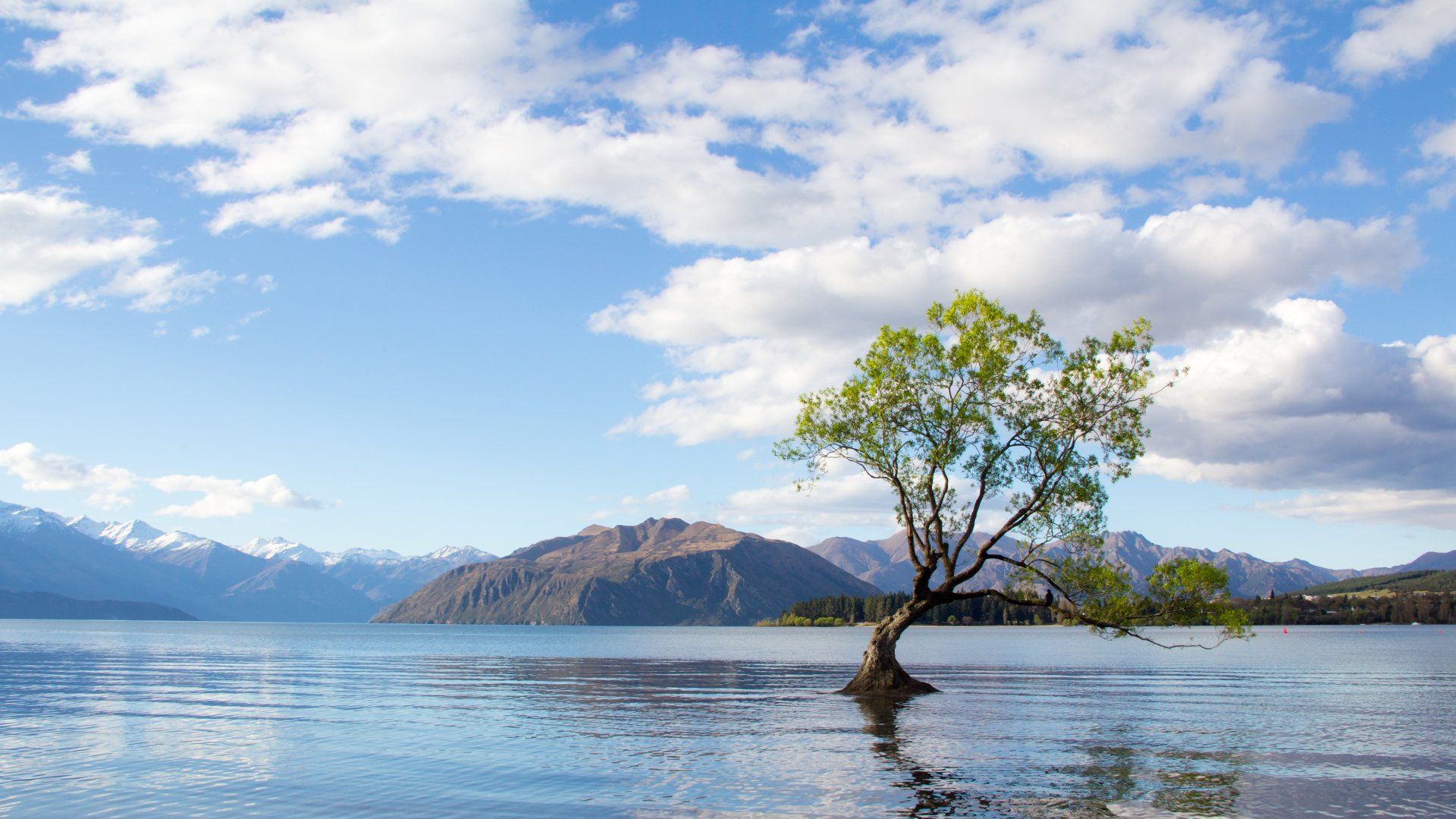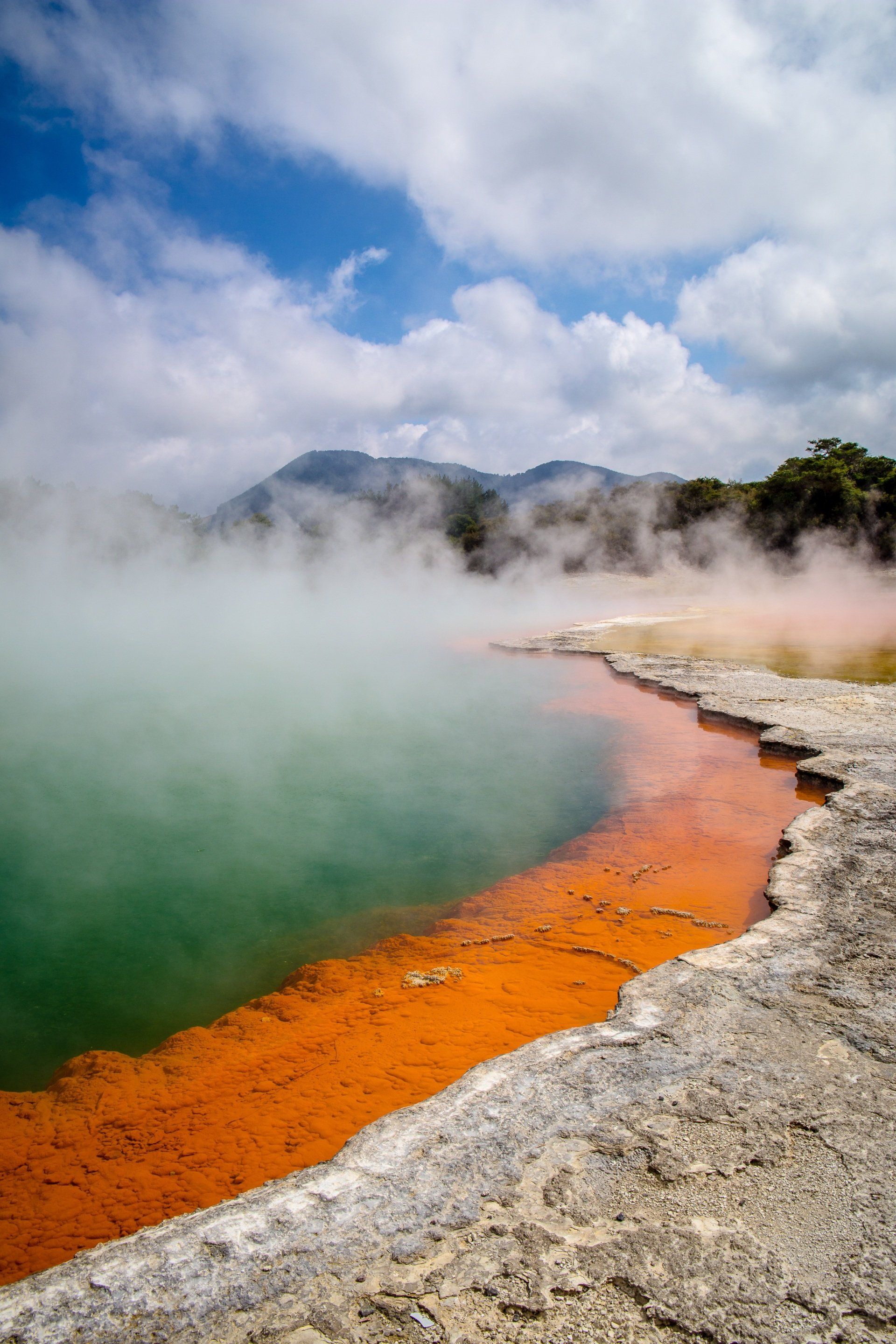Welcome in New Zealand
Weather and climate
New Zealand experiences a temperate maritime climate with four distinct seasons. Summers (December to February) are warm, with temperatures ranging from 20°C to 30°C (68°F to 86°F), while winters (June to August) are cooler, with temperatures averaging 10°C to 15°C (50°F to 59°F). The weather can be changeable, so it's advisable to pack layers and be prepared for sudden changes.
Accommodations
Popular accommodations in New Zealand include hotels, motels, holiday parks, and bed and breakfasts. Some popular locations to stay include Auckland, Queenstown, Rotorua, and Wellington. Luxury lodges such as Huka Lodge in Taupo and Blanket Bay in Queenstown offer high-end experiences, while budget travelers can find affordable options in hostels and backpacker accommodations.
Travel advice and safety
New Zealand is considered a safe destination for travelers, with low crime rates and well-maintained infrastructure. However, visitors should exercise caution when engaging in outdoor activities such as hiking and water sports, and be mindful of road safety when driving, especially on winding roads.
Activities and attractions
Key attractions in New Zealand include exploring the geothermal wonders of Rotorua, hiking the scenic trails of Fiordland National Park, bungee jumping in Queenstown, visiting the Hobbiton Movie Set in Matamata, and experiencing Maori culture in Waitangi or Rotorua.
Local cuisine and restaurants
New Zealand offers a diverse culinary scene with a focus on fresh and locally sourced ingredients. Recommended eateries include "Ortega Fish Shack" in Wellington for seafood, "Fergburger" in Queenstown for gourmet burgers, and "Giapo" in Auckland for innovative ice cream creations.
Transport
Taxi fares in New Zealand vary depending on the city and distance traveled. In major cities like Auckland and Wellington, starting fares range from NZD $3.50 to $6, with additional charges per kilometer. Public transportation options include buses, trains, and ferries, with fares starting from NZD $2.50 for short journeys.
Currency and payment
The currency used in New Zealand is the New Zealand Dollar (NZD). Credit cards are widely accepted in hotels, restaurants, and larger stores, but it's advisable to carry cash for smaller purchases and transactions in rural areas. ATMs are available in urban centers and tourist destinations.
Language and communication
English is the primary language spoken in New Zealand, making communication easy for most travelers. However, Maori, the language of the indigenous Maori people, is also an official language and widely spoken in certain regions.
Culture and local customs
New Zealanders, also known as Kiwis, are known for their laid-back and friendly demeanor. It's customary to greet people with a smile and a handshake, and to remove shoes before entering someone's home. Maori cultural protocols, such as the hongi (traditional Maori greeting), are respected and appreciated.
Packing list
When packing for New Zealand, consider including outdoor clothing suitable for various weather conditions, sturdy walking shoes or hiking boots, a waterproof jacket, sunscreen, insect repellent, a reusable water bottle, and a camera to capture the stunning landscapes.
Budgeting
The average daily budget for a mid-range traveler in New Zealand ranges from NZD $150 to $300, covering accommodation, meals, transportation, and activities. Luxury travelers can expect to spend upwards of NZD $400 per day, while budget travelers can find cheaper options by staying in hostels and self-catering accommodations.
Health and medical facilities
Medical facilities in New Zealand are of high quality and readily available in urban centers and tourist areas. Major hospitals include Auckland City Hospital in Auckland, Wellington Regional Hospital in Wellington, and Christchurch Hospital in Christchurch.
Travel tips and recommendations
When traveling in New Zealand, take advantage of the country's stunning natural landscapes by exploring national parks, hiking trails, and scenic drives. Plan ahead for popular activities and attractions, especially during peak tourist seasons, and consider purchasing a New Zealand Pass for discounted entry to attractions.
Emergency contacts
In case of emergencies, dial 111 for police, fire, or ambulance services in New Zealand
Internet and communication
Major mobile network providers in New Zealand include Spark, Vodafone, and 2degrees, offering prepaid SIM cards and mobile data plans for tourists. WiFi is available in most hotels, cafes, and public areas in urban centers and tourist destinations.
Submit your travel inquiry here
Thank you for contacting us.
We will get back to you as soon as possible.
We will get back to you as soon as possible.
Oops, there was an error sending your message.
Please try again later.
Please try again later.




